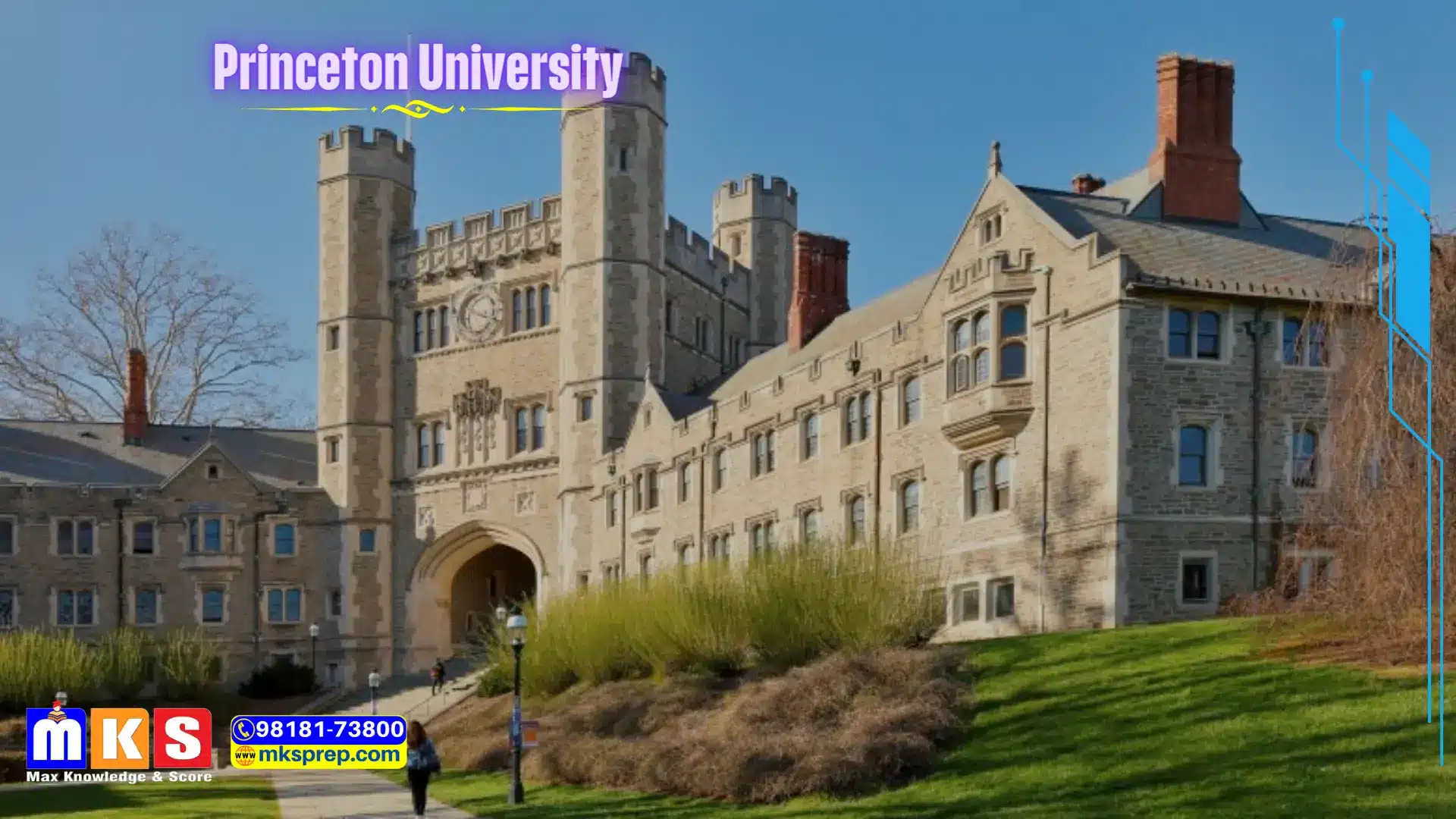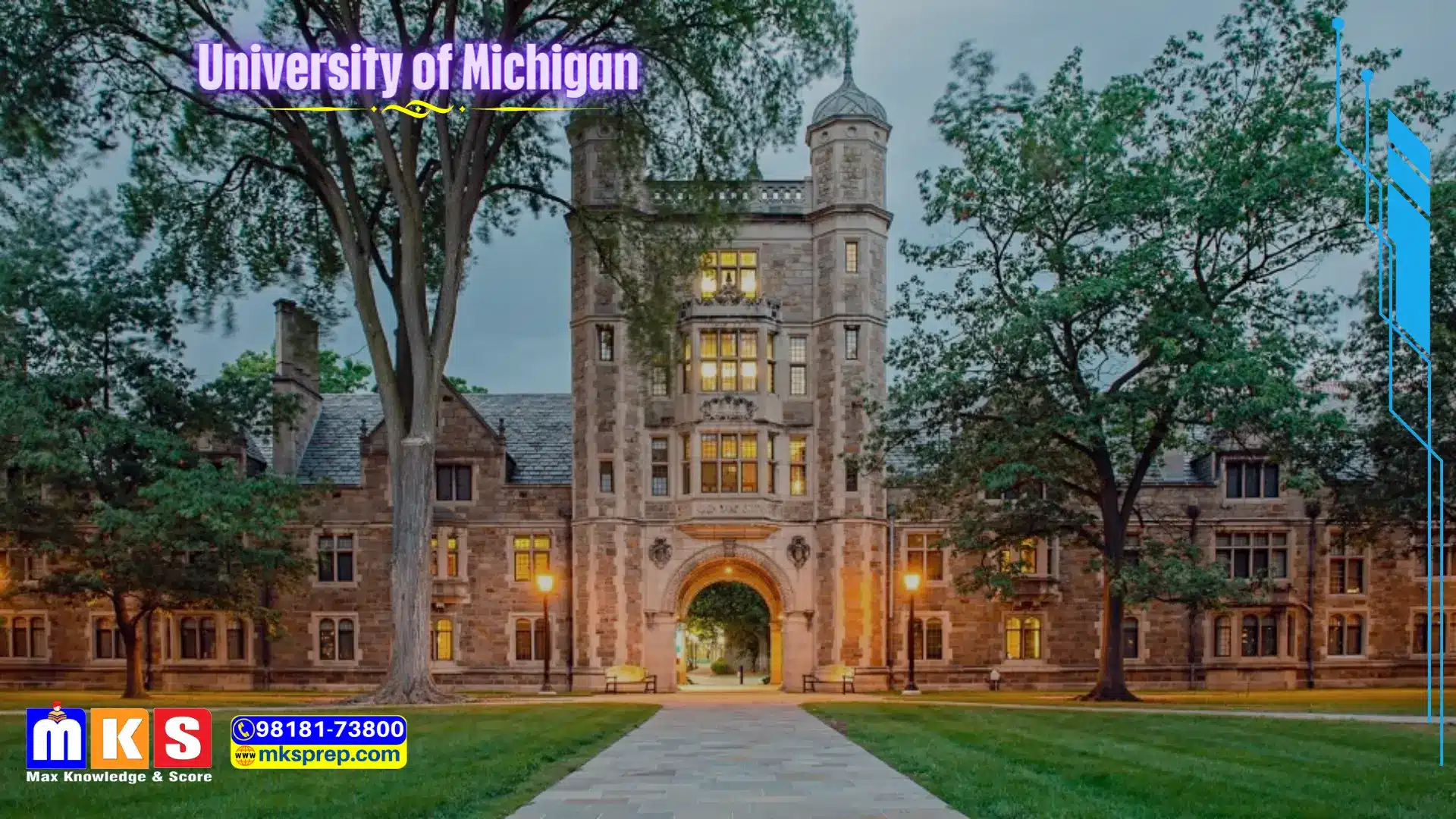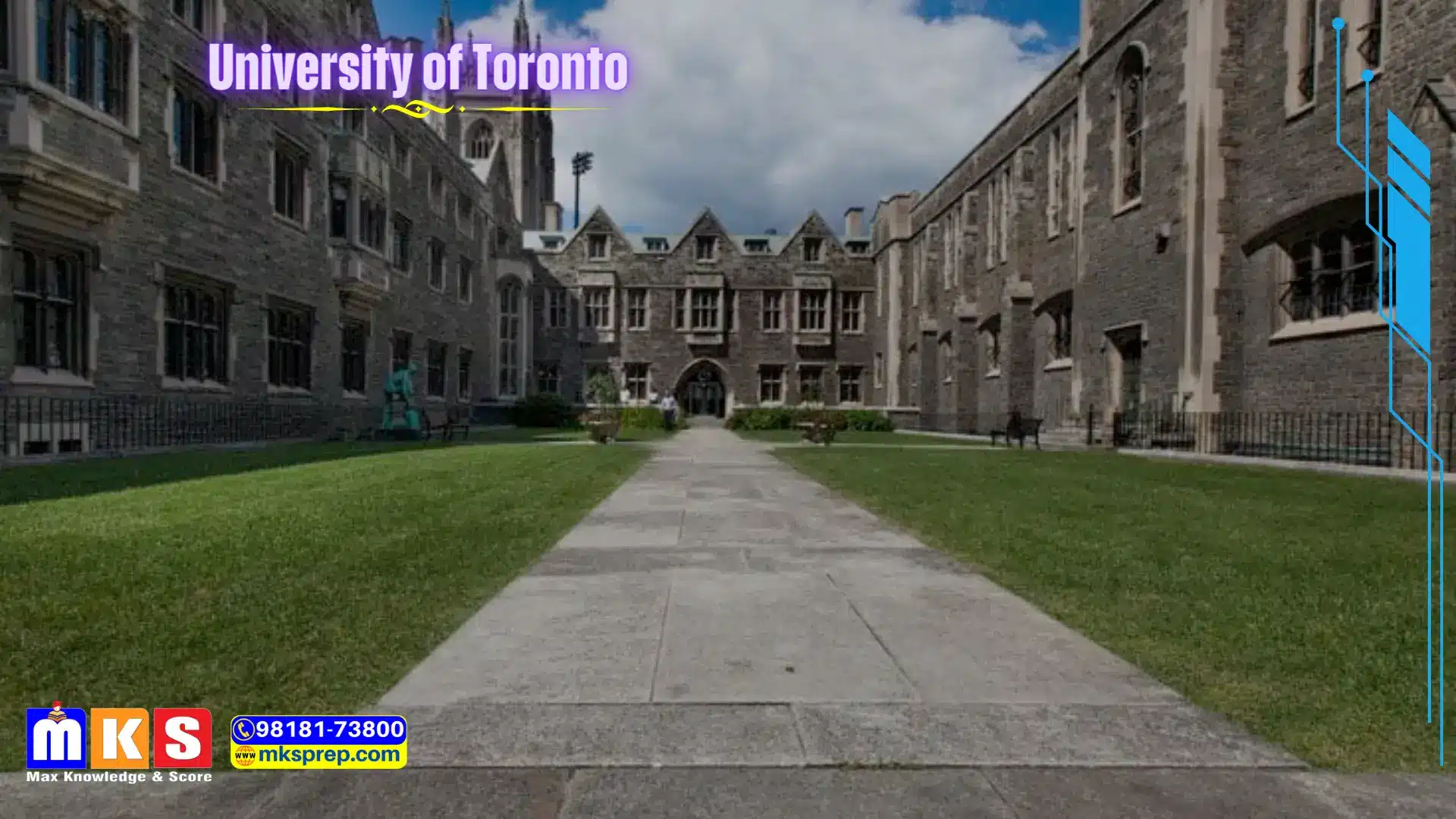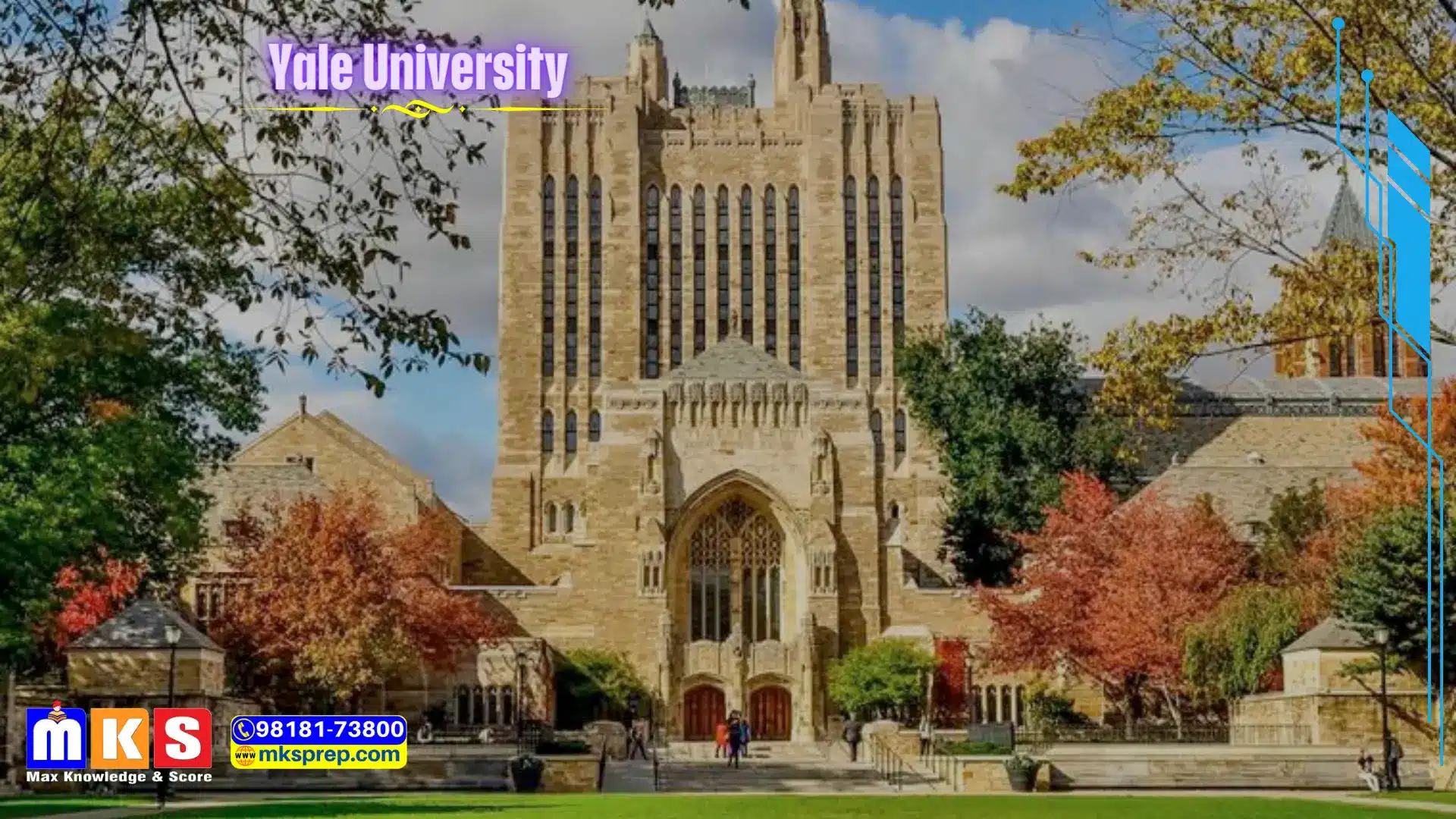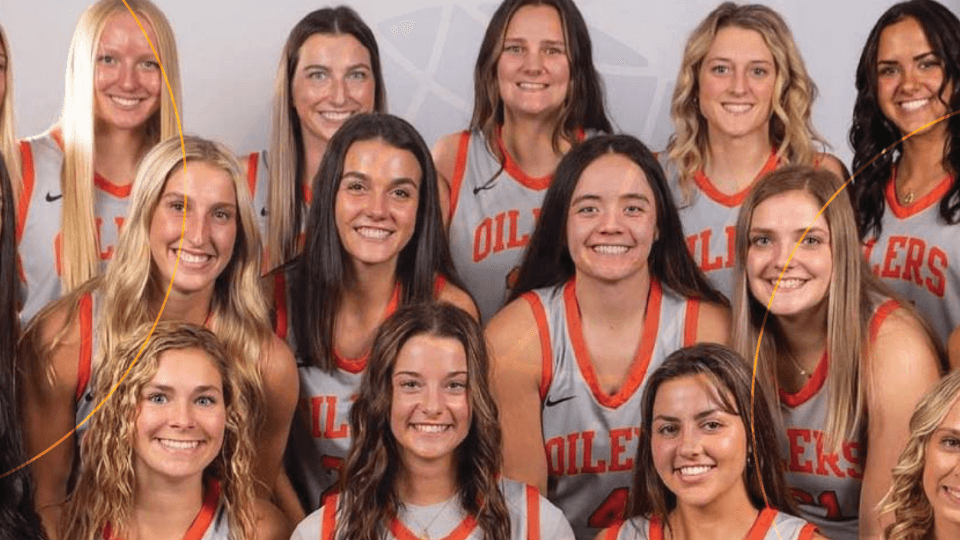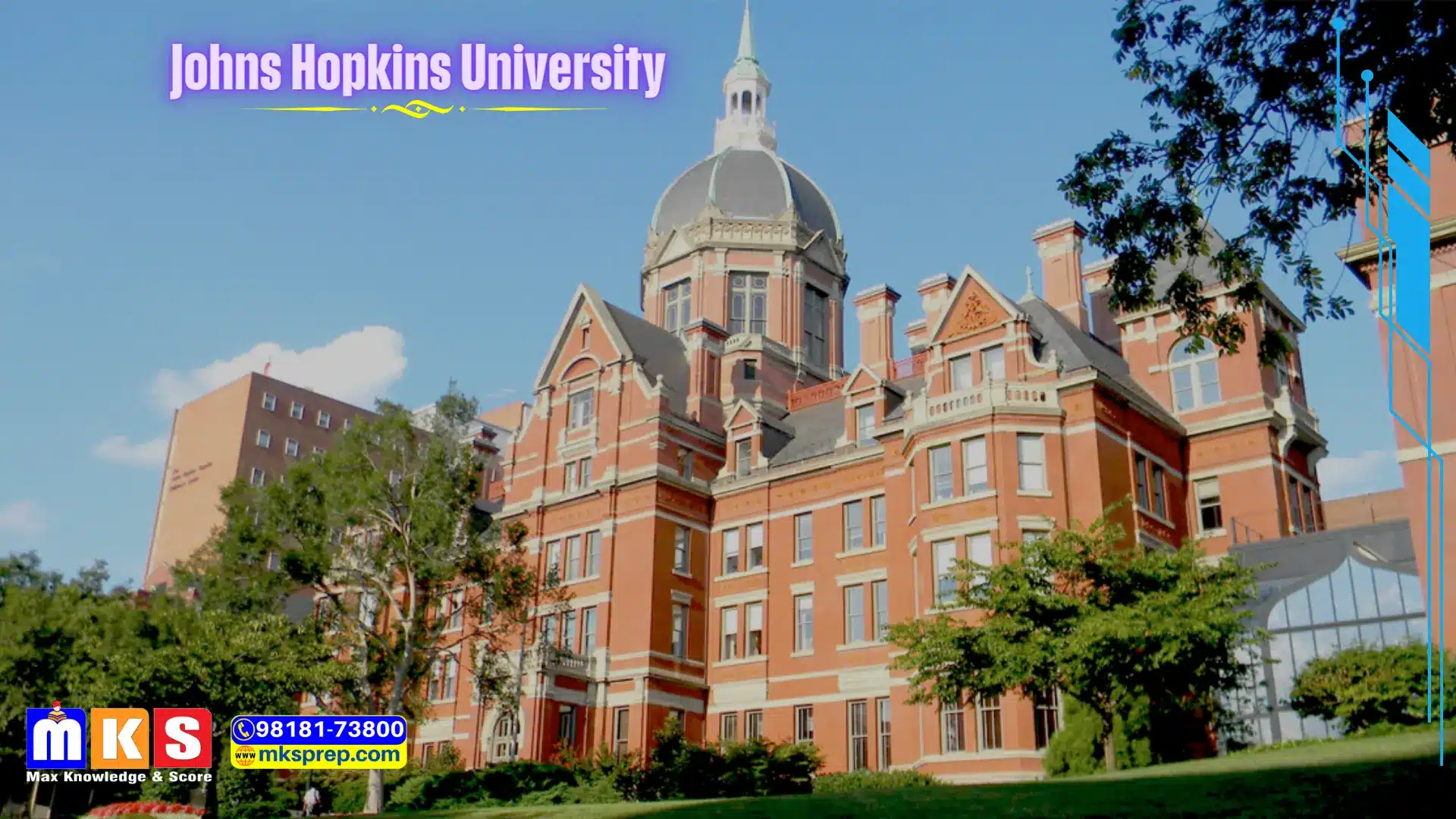
Johns Hopkins University
Address
[ratemypost]
If you are interested in studying at this college, please fill out the form. Our counselor will reach out to you soon.
Explore more options
Share on social media.
Introduction
Johns Hopkins University is a private institution that was founded in 1876. The school has campuses in and around Baltimore and the District of Columbia, as well as in Italy and China. The main campus for undergraduates is the Homewood campus in north Baltimore. Most of the university’s schools use a semester-based academic calendar, with some offering an additional three-week study period in January. English is the language of instruction. Undergraduate students must live in university housing for the first two years of their studies. Accommodations are unavailable for graduate students except those enrolled in the school’s Peabody Institute, a conservatory.
The university comprises nine academic divisions that offer arts and sciences, engineering, business, education, medicine, nursing, music, public health, and international studies. Some of the most popular majors for undergraduates (at the Homewood campus) are public health studies, international studies, and biomedical engineering. Johns Hopkins University’s graduate schools include the highly ranked School of Medicine, Nursing, and Education. The Johns Hopkins Hospital, a teaching hospital, is highly ranked in many specialties. Undergraduate students can get involved in research with support from initiatives such as the Provost’s Undergraduate Research Awards program, which provides financing for students to design and conduct research with the help of a faculty sponsor. Among the institution’s research facilities is the Johns Hopkins University Applied Physics Laboratory, an affiliated research center that is a hub for national security- and space-related research
University Data
Total number of students: 17,584
Number of international students: 5,038
Total number of academic staff: 3,778
Number of international staff: 768
Number of undergraduate degrees awarded: 1,405
Number of master’s degrees awarded: 6,806
Number of doctoral degrees awarded: 660
Number of research-only staff: 2,867
Number of new undergraduate students: 1,475
Number of new master’s students: 3,107
Number of new postgraduate students: 725
Rankings
Johns Hopkins University is ranked #10 in Best Global Universities. Schools are rated according to their performance across a set of widely accepted indicators of excellence. Read more about how we rank schools.
Global Universities Rankings
#10 in Best Global Universities
Subject Rankings
Global Universities Rankings:
- Best Global Universities: #10
Subject Rankings:
- Agricultural Sciences (tie): #104
- Arts and Humanities: #71
- Biology and Biochemistry: #10
- Biotechnology and Applied Microbiology: #7
- Cardiac and Cardiovascular Systems: #15
- Cell Biology: #10
- Chemistry: #143
- Clinical Medicine: #2
- Computer Science: #58
- Condensed Matter Physics: #159
- Economics and Business: #137
- Education and Educational Research: #80
- Electrical and Electronic Engineering (tie): #128
- Endocrinology and Metabolism: #17
- Engineering (tie): #142
- Environment/Ecology: #261
- Gastroenterology and Hepatology: #13
- Geosciences (tie): #148
- Immunology: #3
- Infectious Diseases: #3
- Materials Science: #121
- Mathematics: #87
- Microbiology: #14
- Molecular Biology and Genetics: #7
- Nanoscience and Nanotechnology: #158
- Neuroscience and Behavior: #5
- Oncology: #2
- Optics (tie): #141
- Pharmacology and Toxicology: #4
- Physical Chemistry: #238
- Physics (tie): #109
- Psychiatry/Psychology: #27
- Public, Environmental and Occupational Health: #3
- Radiology, Nuclear Medicine, and Medical Imaging: #5
- Social Sciences and Public Health: #3
- Space Science: #23
- Surgery: #2
Insights into University Data:
- Total number of students: 17,584
- International students: 5,038
- Entire academic staff: 3,778
- International staff: 768
- Undergraduate degrees awarded: 1,405
- Master’s degrees awarded: 6,806
- Doctoral degrees awarded: 660
- Research-only staff: 2,867
New Student Intake:
- New undergraduate students: 1,475
- New master’s students: 3,107
- New doctoral students: 725
Johns Hopkins University: A Comprehensive Overview
Founding and Campuses:
- It was established in 1876 as a private institution.
- Campuses in Baltimore, the District of Columbia, Italy, and China.
- Homewood campus in north Baltimore serves as the main campus for undergraduates.
Academic Calendar and Language of Instruction:
- Semester-based academic calendar for most schools.
- Some schools offer a three-week study period in January.
- English is the language of instruction.
Residential Requirements:
- Undergraduate students must live in university housing for the first two years.
- Graduate students, excluding Peabody Institute enrollees, must arrange their accommodations.
Academic Divisions:
- Nine academic divisions offer studies in arts and sciences, engineering, business, education, medicine, nursing, music, public health, and international studies.
Popular Majors:
- Public health studies, international studies, and biomedical engineering are popular majors at the Homewood campus.
Graduate Schools:
- Highly ranked School of Medicine, School of Nursing, and School of Education.
- Johns Hopkins, a teaching hospital, is highly ranked in various specialties.
Research Opportunities:
- Provost’s Undergraduate Research Awards program supports student research with faculty sponsorship.
- Home to research facilities like the Johns Hopkins University Applied Physics Laboratory, focusing on national security and space-related research.
Conclusion:
Johns Hopkins University holds a prominent position globally and exhibits remarkable expertise across various academic subjects. The university’s commitment to excellence is reflected in its consistently high rankings, from clinical medicine to nanoscience. This comprehensive overview aims to assist prospective students and academic enthusiasts understand the depth of academic excellence offered by Johns Hopkins University.
Disclaimer:
Rankings are based on performance across widely accepted indicators of excellence. Readers should refer to official university sources and ranking methodologies for detailed information.
FAQS




























